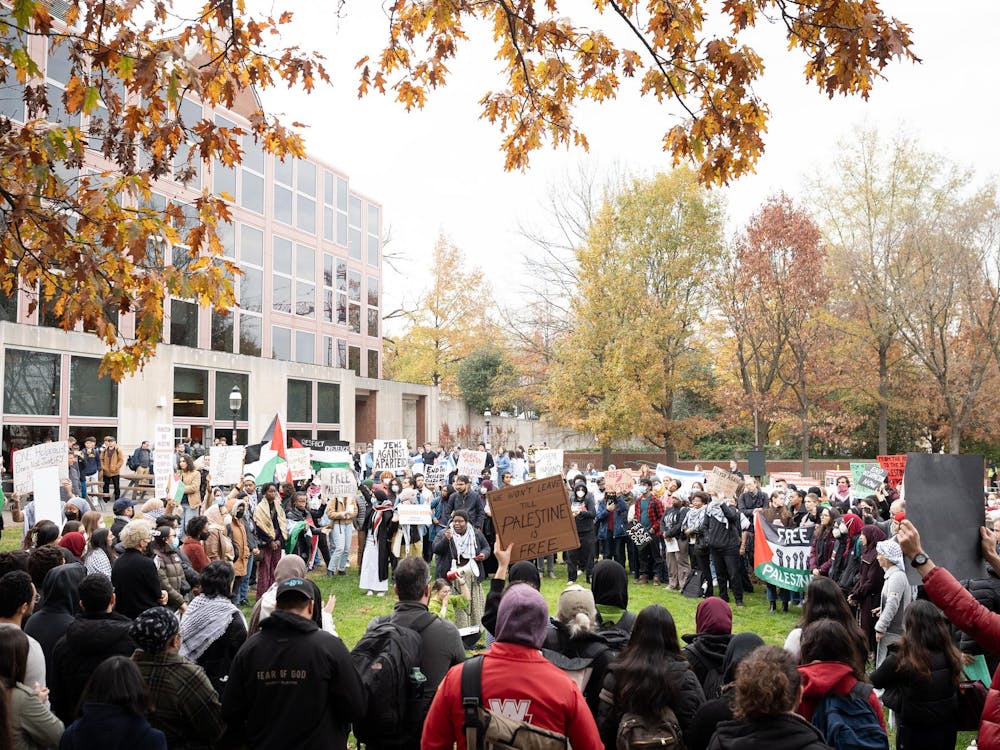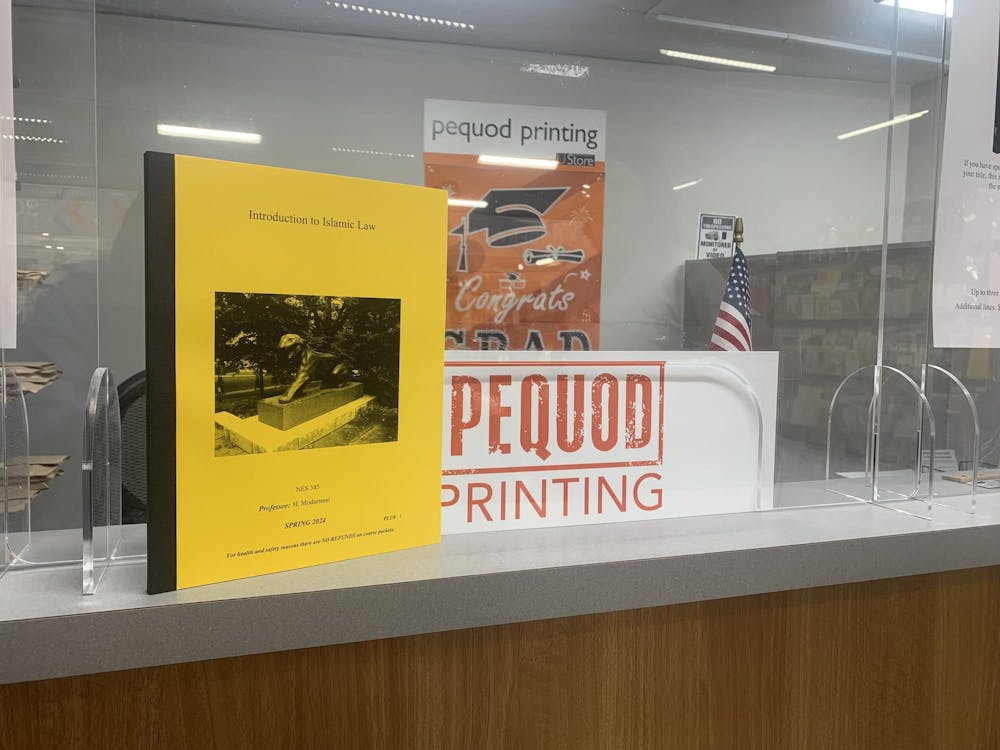There has been a lot of talk recently about GirlCode, and the ramifications it has caused on campus. GirlCode was an app, created by three University freshmen, which aggregated all the campus bathroom codes onto one easily accessible app. The app was available for anyone to download on their phones, including people who are unaffiliated with the University. Because of the security risk posed by this disclosure, the University proceeded to change all the bathroom codes on all the women’s bathrooms around campus.
So far, the focus of this issue has been on the very important topics of the fairness of a gender-based bathroom system and the ways in which students can try and effect change in their colleges. A recent column in the ‘Prince’ addressed this issue, but focused on the app itself and the intentions behind it. GirlCode was created as a sort of protest against the much-discussed University policy decision to have codes for all women’s bathrooms. Will Rivitz argued that the creators of GirlCode made a mistake by bypassing the established structure for suggesting changes in University policy.
I think the more immediate problem is the botched way in which the University handled its reaction to the app. The response has been extremely inconvenient to female students and reflects a lack of transparency on important issues of student life.Regardless of whether or not the creators of GirlCode were right to create the app, or justifiable in their attempt to change the system, the larger issue is that of the University’s response. The bathroom codes were changed unexpectedly over Intersession, and the new codes were not promptly or adequately distributed to female students as soon as the change took place.
The actual action of distributing the codes was left to residential college advisers, who were also on break like everyone else when the code change occurred. As a result, many RCAs failed to promptly distribute the codes, but this doesn’t change the fact that the responsibility to make sure every female student gets the necessary codes still fundamentally lies with the University. People involved in the administration, such as those affiliated with the residential colleges, should have made sure that the RCAs followed the instructions to distribute the new codes.
Additionally, administrative staff could have easily implemented a transition period, during which they could have sent an email informing all relevant students that the codes were going to be changed and that their RCAs would have the new codes. Then, even if an RCA was neglectful, the members of their zee group could still take the initiative and contact them. The point is, they would have known where to go to get this vital information.
The impact of this inadequate preparation was immediate and completely ridiculous. Many female students woke up one day and found that they suddenly did not have access to bathrooms in their buildings.
I understand that the University was probably trying to minimize the number of affected students by changing the codes over a school break, but they apparently didn’t take into account that many students do in fact stay in the dorms over Intersession. Additionally, many University trips returned early that week.
Transparency in larger University issues is a must, especially when they affect so important and personal an issue. We can argue over whether the University should have changed the codes or not, or whether the codes should exist or not, but in any case, the University should have never stranded its female students without bathrooms to use in their own dorms.
Zeena Mubarak is a sophomore from Fairfax, Va. She can be reached at zmubarak@princeton.edu.









